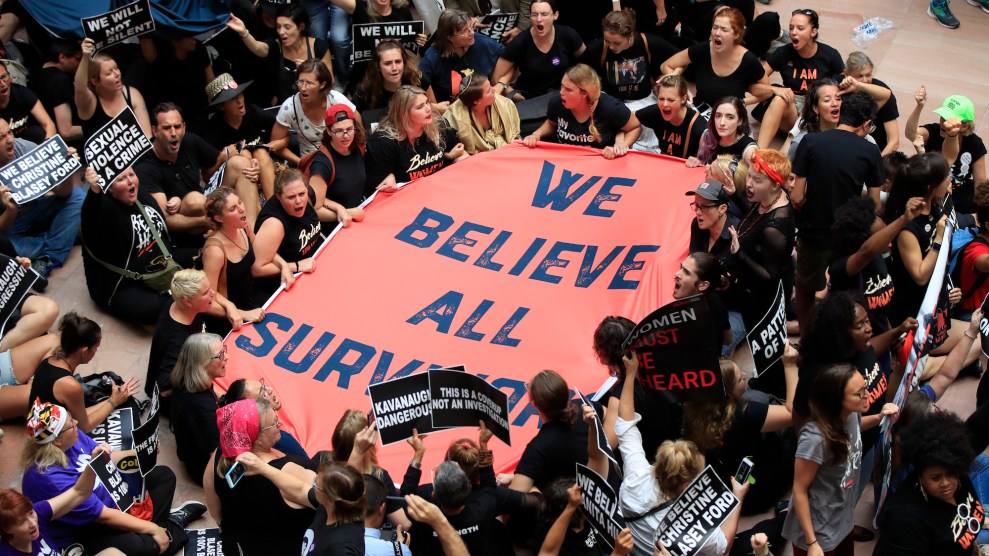Cartoonists Ted Rall (from the Left) and Scott Stantis (from the Right) present a Very Special Podcast. For the first time, Ted and Scott do the pod from Hotel Clovis, a.k.a. Ted’s place in New York. As always, Ted and Scott put friendship first in their spirited but civilized debates and discussions about the issues at hand.
First up: The world of comics and cartooning was upended by the tragic suicide of Eisner-winning cartoonist Ed Piskor, who shot himself to death after being hounded by an online mob and stripped of his professional associations after a younger female cartoonist accused him of “grooming” her four years ago, when he was 17. What lessons can we learn from this episode? Has the #MeToo movement finally gone too far? What of the online posters who gleefully celebrated Piskor’s death? Can comics address systemic sexism without descending into Lord of the Flies-style vengeance?
Second: The Alabama Supreme Court has affirmed an 1864 state statute that bans abortion in all cases excepting danger to the life of the mother (which Texas still refuses to do). In Arizona, if you are raped or subjected to incest, the state refuses to grant you an abortion. Ted and Scott discuss the political implications for a Republican Party that now finds itself out of step with 85% of American voters on an issue with massive symbolic resonance.
Finally: Scott, a long-time supporter of Israel, has reluctantly concluded that Israel’s war against Hamas has claimed too many innocent Palestinian lives and destroyed too much infrastructure in Gaza. Ted suggests that the window for a two-state solution may have passed and that it’s time to consider merging the Occupied Territories and Israel into a democratic Republic of Palestine where all votes and voices are treated equally.
Watch the Video Version: here.


